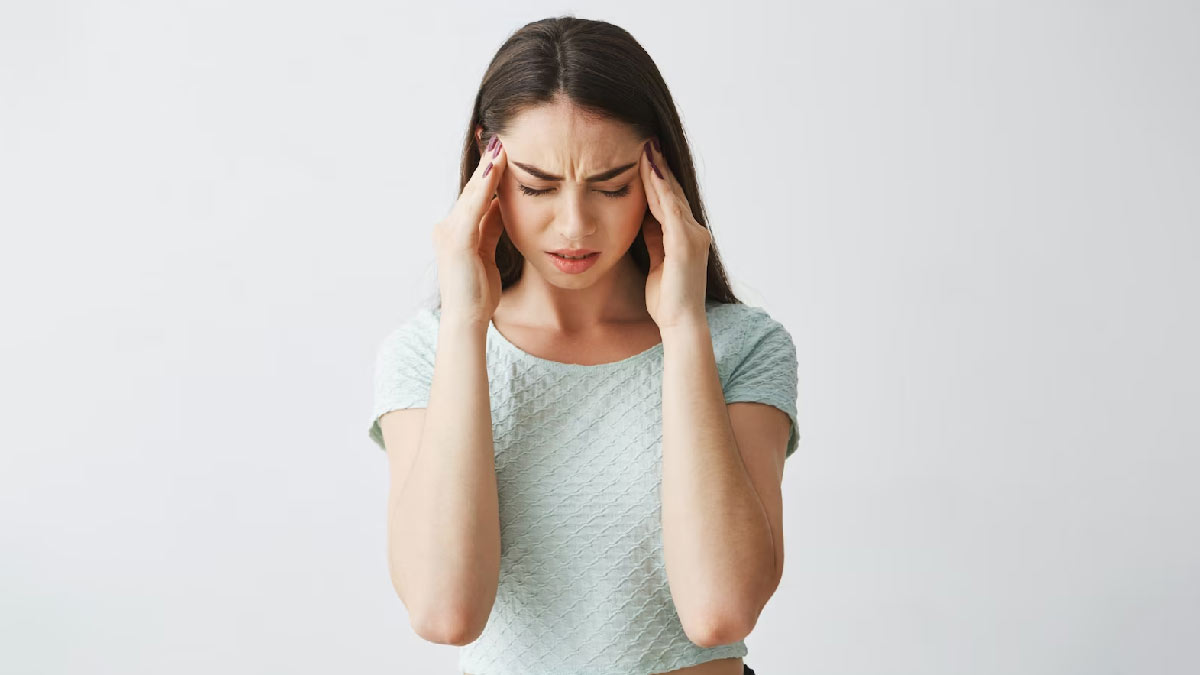
Vitamins and minerals play an essential role in maintaining overall health. Most of them are acquired from food sources, whereas some people may require supplementation to fulfil their daily needs.
Vitamin B12 is one such vital nutrient that benefits both your physical and mental health. However, your body does not make it on its own but depends on foods and drinks that contain the vitamin, including animal products like meat, fish, and dairy products. While not consuming enough of these foods may lead to deficiency, one must also steer clear of consuming vitamin B12 excessively, as it may lead to an overdose.
Table of Content:-
Role Of Vitamin B12

Speaking with the OnlyMyHealth team, Dr Edwina Raj, Head of Services, Clinical Nutrition & Dietetics, Aster CMI Hospital, Bengaluru, describes vitamin B12 as a crucial nutrient that helps maintain nerve function, forms Red Blood Cells (RBCs), and supports DNA synthesis.
She says, “It is essential for neurological health, aiding in the prevention of conditions like pernicious anaemia and neurological disorders.”
Additionally, B12 contributes to overall energy metabolism and helps regulate mood, she adds.
As discussed, vitamin B12 is not produced naturally in the body. Rather, it depends on external food sources and supplements and on a special protein called intrinsic factor that helps in proper absorption of the nutrient in the small intestine, as per StatPearls Publishing.
The inability to fulfil daily requirements can lead to vitamin B12 deficiency, which affects 1–2% of patients with anaemia. Common symptoms of the condition include weak muscles, numbness, trouble walking, nausea, weight loss, irritability, fatigue, and an increased heart rate.
Side Effects Of Vitamin B12 Overdose
When it comes to vitamin B12, besides addressing deficiency concerns, one must also pay attention to vitamin B12 overdose, meaning excessive consumption of the nutrient.
Although excessive intake of vitamin B12 rarely leads to adverse effects, as it is water-soluble and generally well-tolerated, extremely high doses through supplements may cause mild symptoms such as diarrhoea, itching, or rash, warns Dr Raj.
Individuals with certain medical conditions, like Leber's disease, should be cautious, as excess B12 may worsen optic nerve damage, she says, adding that it's important to follow recommended dietary guidelines and consult a healthcare professional before taking high-dose B12 supplements to avoid potential complications.
Also Read: The Role Of Iron And Vitamin B12 In Preventing Anaemia: How To Increase The Two Nutrient Levels
How Much Vitamin B12 To Take In A Day

The recommended daily intake of vitamin B12 varies by age and life stage, according to Dr Raj.
For adults, the recommended amount is 2.2 micrograms.
Pregnant and breastfeeding women may require slightly higher amounts, which are 2.4 micrograms and 3.2 micrograms, respectively.
“Since B12 is primarily found in animal products, individuals following vegetarian or vegan diets may need supplements or fortified foods to meet their requirements,” Dr Raj advises.
However, to avoid complications, she recommends consulting with a healthcare professional to determine individual needs and ensure proper B12 intake.
Also watch this video
How we keep this article up to date:
We work with experts and keep a close eye on the latest in health and wellness. Whenever there is a new research or helpful information, we update our articles with accurate and useful advice.
Current Version